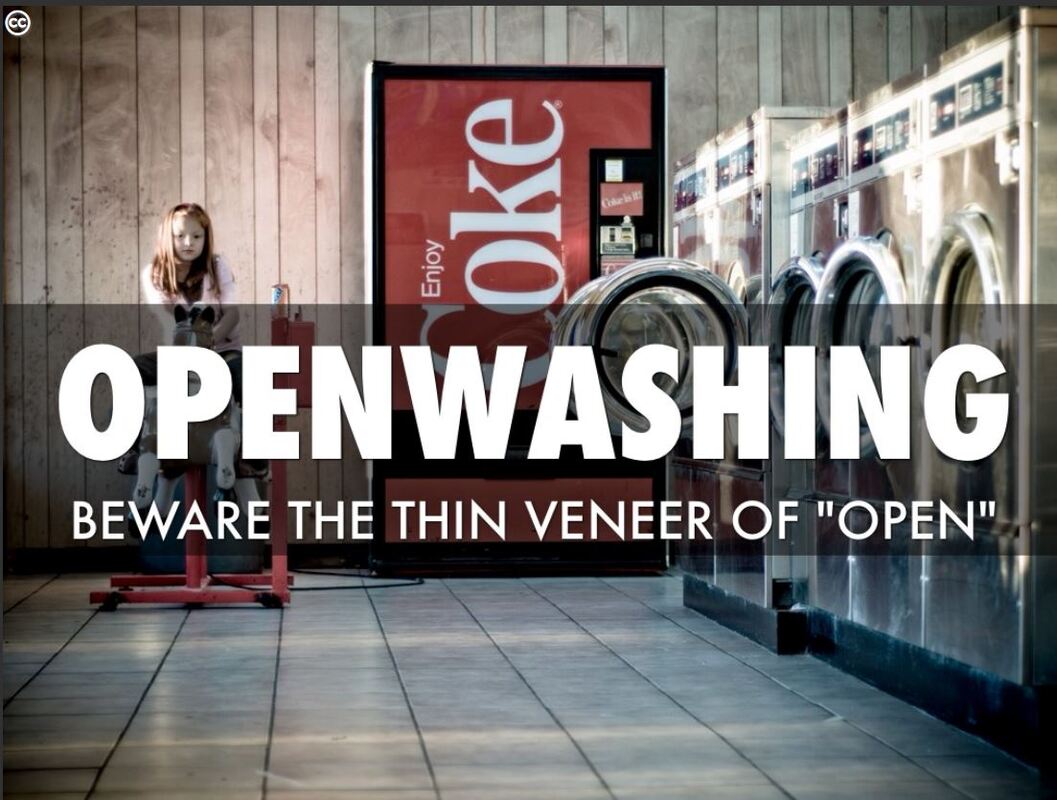|
Thanks to Aras Bozkurt for the following outburst, written in response to his call for comments on the importance of open education at the moment.
In these turbulent times, openness in education is indeed important because its previous incarnations have lost relevance with too often the term itself having been appropriated by the very forces against which it is supposed to stand. Openness in education has also become so all-encompassing a word that it means whatever a speaker or reader wants it to mean, thus lacking consensus and even meaning. In the narrowest sense, openness can simply refer to content being made available under a Creative Commons licence. But in the new era of generative AI, even those licences must, and do, come under scrutiny. When all multimodal content can, and is, mixed and mashed through opaque neural networks and at the click of a button, then machine-read CC licences lose their power both technically and culturally. It is often forgotten that CC licences are a form of copyright; both copyright and the permissions manifest in open licences are urgently and appropriately under review In addition to content, openness in education is often portrayed and viewed as “nice” and “caring”. When so many educators are overburdened, underpaid contractors, their apparent failure to share and care does not indicate lack of caring as individuals, nor are those open practices individual responsibilities. It rather points to failures of educational systems and sectors which are increasingly turning the education sector into an ironically termed “sharing economy”, a gig economy of unbundled services and roles, each squeezing out profits. Broadly speaking, openness in education refers to practices and processes that exist in opposition to the dominant discourses of big tech, platformisation, surveillance and academic metrics systems. This positions openness as a resistance force, an essential role, but limited by being against something rather than for something. Openness in education at this moment in time has to be rearticulated, and in particular considerations of governance and structural forms are priorities. Regulatory frameworks and processes to develop them are boring and not the remit (or interest) of most educators, but without such systemic articulations, sustainable open education will be impossible to achieve. * Image Ian Dolphin https://www.haikudeck.com/oss-benefits-business-presentation-uXH7CLg2VX#slide13
0 Comments
|
AuthorI am a professor at the University of Cape Town in South Africa, interested in the digitally-mediated changes in society and specifically in higher education, largely through an inequality lens Archives
April 2024
Categories |



 RSS Feed
RSS Feed
